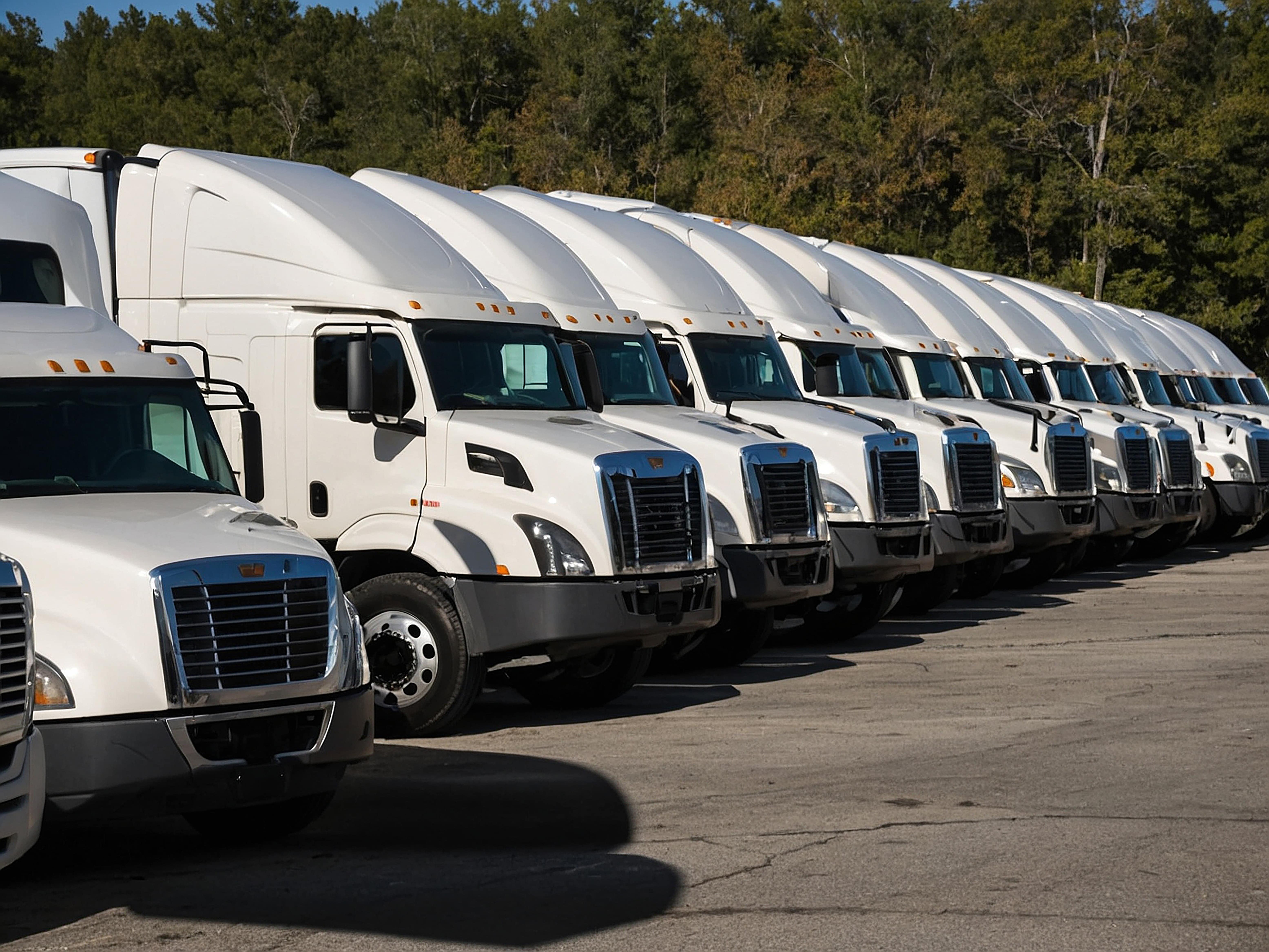
The trucking industry is the backbone of the U.S. economy, moving more than 70% of all freight across the country. With millions of miles driven each year, accidents and risks are inevitable. That’s why commercial trucking insurance isn’t just a regulatory requirement; it’s a financial safeguard that protects drivers, fleets, cargo, and businesses from catastrophic losses.
Unlike personal auto insurance, trucking insurance covers higher liability limits, specialized cargo risks, and business-related liabilities. It’s designed to address the unique challenges of operating large commercial vehicles.
Any business or owner-operator transporting goods for hire needs commercial trucking insurance, including freight carriers, logistics companies, and independent drivers leased to motor carriers.
Primary liability is the cornerstone of all trucking insurance policies.
This covers medical expenses, legal fees, and settlements if your truck causes injuries to another person in an accident.
This protects against the financial burden of repairing or replacing vehicles, buildings, or infrastructure damaged in a collision.
Pays for damages to your truck if it collides with another vehicle or object.
Covers non-collision risks such as theft, vandalism, fire, or natural disasters.
This ensures shippers and clients are compensated if cargo is damaged, stolen, or lost during transit.
Items like hazardous materials, electronics, or high-value goods may have exclusions or require additional policies.
Protects against claims arising from accidents that occur on your property or loading facilities.
Covers trucks operating without trailers, typically when returning from a delivery.
Applies when a driver uses a truck for personal, non-business purposes.
Workers’ comp provides wage replacement and medical coverage if employees are injured on the job.
Occupational accident coverage is often used by independent contractors not covered under traditional workers’ comp.
Covers costs when another driver without sufficient insurance causes an accident involving your truck.
Especially critical in states with higher numbers of uninsured motorists.
Provides protection if you’re pulling a trailer that isn’t yours under a trailer interchange agreement.
Common in logistics networks where multiple carriers share trailer responsibilities.
Covers perishable goods spoiled due to refrigeration unit failure.
Helps businesses recover costs if a truck is out of service after an accident.
With digital fleet tracking on the rise, cyber liability protects against data breaches and hacking risks.
The FMCSA requires carriers to carry liability coverage ranging from $750,000 to $5 million, depending on cargo type.
Some states impose additional requirements, making compliance complex for interstate operators.
Truck accidents often result in damages exceeding hundreds of thousands of dollars. Without insurance, businesses risk bankruptcy.
Operating without proper coverage can lead to DOT penalties, license suspension, and business shutdowns.
Always compare policies for coverage limits, exclusions, and deductibles.
Cheaper policies may save money upfront but expose businesses to devastating losses later.
Commercial trucking is a high-risk, high-responsibility industry. The right insurance doesn’t just protect trucks; it safeguards businesses, drivers, cargo, and reputations. By investing in the essential coverages of commercial trucking insurance, carriers can ensure compliance, financial stability, and peace of mind on every haul. Looking for a quote? Contact our team today!
FMCSA mandates at least $750,000, but most carriers opt for higher limits to protect against lawsuits.
Not always, high-value items like jewelry, electronics, and hazardous materials may require specialized endorsements.
Bobtail covers trucks without trailers, while non-trucking liability applies when using a truck for personal use.
Yes, in most states. Independent contractors may use occupational accident coverage instead.
Premiums vary widely but often range from $8,000 to $15,000 annually per truck, depending on coverage.